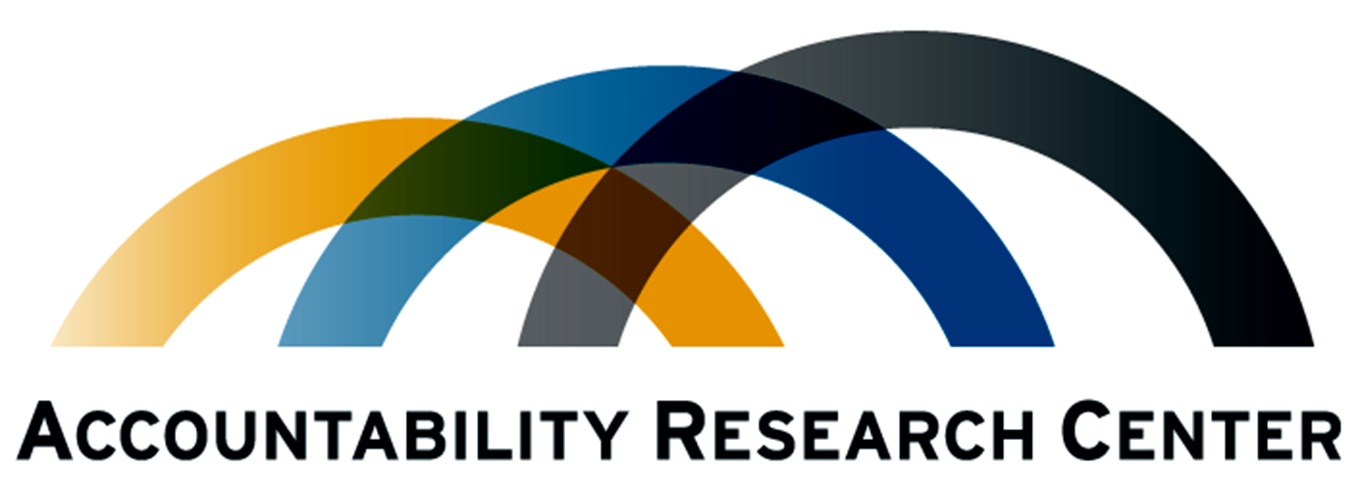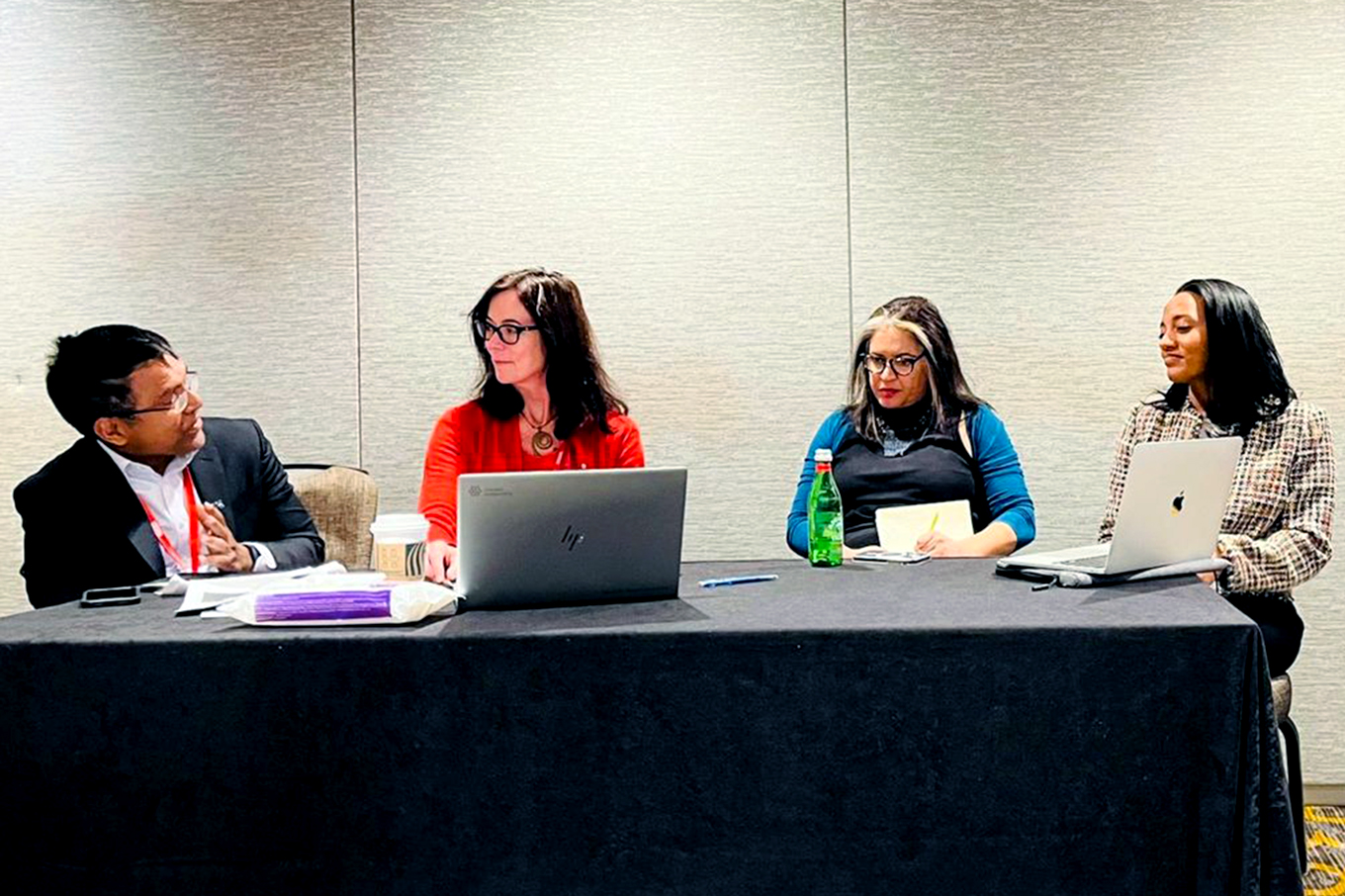New learning partner aiming to bridge the gap between research and frontline perspectives
The task of the new learning partners is to provide research, knowledge and learning to support the common pursuit of Quality Education for All.
Highlighted Publications on Education by ARC
Educational accountability or social accountability in education?
Some policymakers and policy entrepreneurs believe in the need to hold schools and teachers accountable for educational outcomes through standardized assessment. But this kind of educational accountability can ignore the fact that many actors are involved in making sure children learn in schools. The 2019 Accountability Working Paper explores these issues and tensions.
Sandwich strategies in the education sector
Champions of education reform have reached for “sandwich strategies” – interactive processes in which reformers in government take tangible measures that reduce the risks and costs of citizen action from below. This can drive circles of mutual empowerment between pro-accountability actors in state and society. ARC’s project on sandwich strategies includes three case studies:
‘Constructive Accountability’: Sandwich Strategy for Textbook Delivery in the Philippines.
Collaboration and Contestation: State Actors and MST Activists Reforming Rural Education.
One of these new colleagues is the Accountability Research Center, ARC, based in American University’s School of International Service in Washington, USA.
“Founded in 2016, the center has built a wide and substantive research experience regarding accountability in relation to public policy. At the same time, they have a history of ensuring civil society engagement in research design and reporting to ensure that research is not only of high quality but also useful to those shaping or influencing public policy. This is an approach that I believe will benefit EOL a lot,” says global team lead, Lars Udsholt.
We are not the ones making the change
From the ARC headquarters in Washington, research professor Naomi Hossain and Ph.D. student Abrehet Gebremedhin are excited to have become part of the EOL family and contribute to the work of fellow grantees.
“We already know that we will learn a lot, and we hope that what we produce will be of use for those advocating for better education. ARC is founded on the idea that civil society is key in changing the world for the better and that we, through research, can support civil society frontliners in the global South. As researchers we are not the ones making the change, but we are able to provide the activists with valuable insights and crucial information to strengthen their work,” says Naomi Hossain.
She describes their approach as “action-oriented research” defining it as research that is designed to answer questions that civil society partners need answered or provide activists with data or knowledge needed to inform their work or argue their case.
“Many brilliant researchers are constantly producing knowledge that doesn’t make a change and is not useful for policy makers – neither those in power nor those trying to influence from the outside. A lot of research is also what I would call extractive – based on and about people, who have not been included in the design and will never benefit from the research – if they ever access it at all,” says Naomi Hossain.
Abrehet Gebremedhin adds: “We live up to the highest academic standards in our methodology and use of data but make sure that our research design is led by the needs and questions asked by those who are working to change something. Some find this approach less prestigious than other types of research, but for us it is totally valid – and more beneficial to the world – to do “research with a purpose”.
Documenting the role of civil society
The ARC team is already well underway with their initial tasks as an EOL learning partner. One is to understand and describe the role of civil society in national education policies – based on interviews with grantees and other stakeholders, and on a review of existing literature.
“We see that governments are increasingly disinclined to allow civil society a seat at the table. At the same time education advocates are finding it harder to get funding. This may be partly because we don’t have any documentation of the role civil society plays in education policy making and implementation. We will create an overview of the impact they have and the role they typically play – to inform civil society itself and to allow them to make a stronger business case when seeking influence or funding,” explains Naomi Hossain.
The other task that ARC is working on, is a mapping of the methodologies and strategies used by the current EOL grant-holders.
“We are creating an overview of themes and approaches used by the organizations and alliances and subsequently the results they achieve. Even though much is already being done for grantees to learn from each other we offer a more thorough overview and a wider scope, which we think, and hope can benefit the organizations,” says Abrehet Gebremedhin.
The various initiatives are developing according to plan, and Naomi, Abrehet and their colleagues are looking forward to sharing the preliminary results by early summer.
“We look forward to discussing the findings with those who are at the forefront of education advocacy and activism, and to co-creating the next steps so that the research answers their questions and generates the learning that they want and need,” says Naomi Hossain.
ARC in brief

- The Accountability Research Center (ARC) was founded in 2016 and is based in American University’s School of International Service in Washington, USA.
- ARC is an action-research incubator that partners with CSOs and policy reformers in the global South with the overall aim of improving public accountability and building more inclusive societies.
- ARC does this through research that is action-oriented and designed to bridge research and frontline perspectives.
- ARC is one of the new global learning partners that has been invited onboard for the extended phase of Education Out Loud project, now running through 2027.
- Read more about Accountability Research Center
